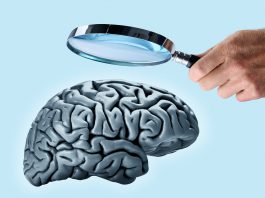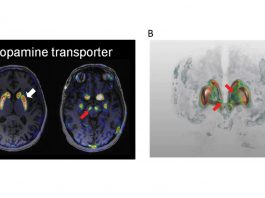Using a rare archive of cerebrospinal fluid samples, researchers have identified vasopressin as a potential biomarker for autism spectrum disorder.
Research conducted at Stanford University School of Medicine (SUSM) suggests that the hormone vasopressin could serve as a biomarker for predicting the future development of autism spectrum disorder (ASD).
What is vasopressin?
The protein hormone, vasopressin, is made up of nine amino acids. Scientists have found that the hormone is responsible for social behaviours such as pair-bonding and fathering in male mammals.
‘Preclinical research has shown that AVP (vasopressin) plays a critical role in regulating prosocial behaviour, particularly in male mammals’, the authors wrote in their paper published in Proceedings of the National Academy of Sciences.
When vasopressin signally pathways are disrupted in mice, the subject shows social deficits, ‘suggesting that early impairment in brain AVP signalling may similarly contribute to the pathogenesis of social deficits in young humans’.
Researchers from SUSM conducted a study using a rare archive of the cerebrospinal fluid (CSF) samples. These samples were collected during routine tests taken to rule out brain disorders in babies suffering from high temperatures.
Measuring vasopressin
When studying babies aged between zero and three months old, scientists found low levels of the hormone vasopressin in the CSF of the infants with ASD.
A paper published by SUSM researchers suggests that this study could be replicated at a much larger scale. According to researchers the data gathered whilst conducting a large scale version of this study could ‘transform how ASD is detected, both in behaviourally symptomatic children, and in infants at risk for developing it’.
The study’s first author, Ozge Oztan, PhD, a research scientist in psychiatry and behavioural sciences at Stanford, describes ASD as a brain disorder characterised by impaired social interaction and repetitive behaviours. Due to this disease presenting mostly social symptoms, the biological understanding of ASD is limited. The Stanford research group wrote ‘Consequently, there are no laboratory-based diagnostic tests to detect, or medications to treat, ASD’s core features’.









